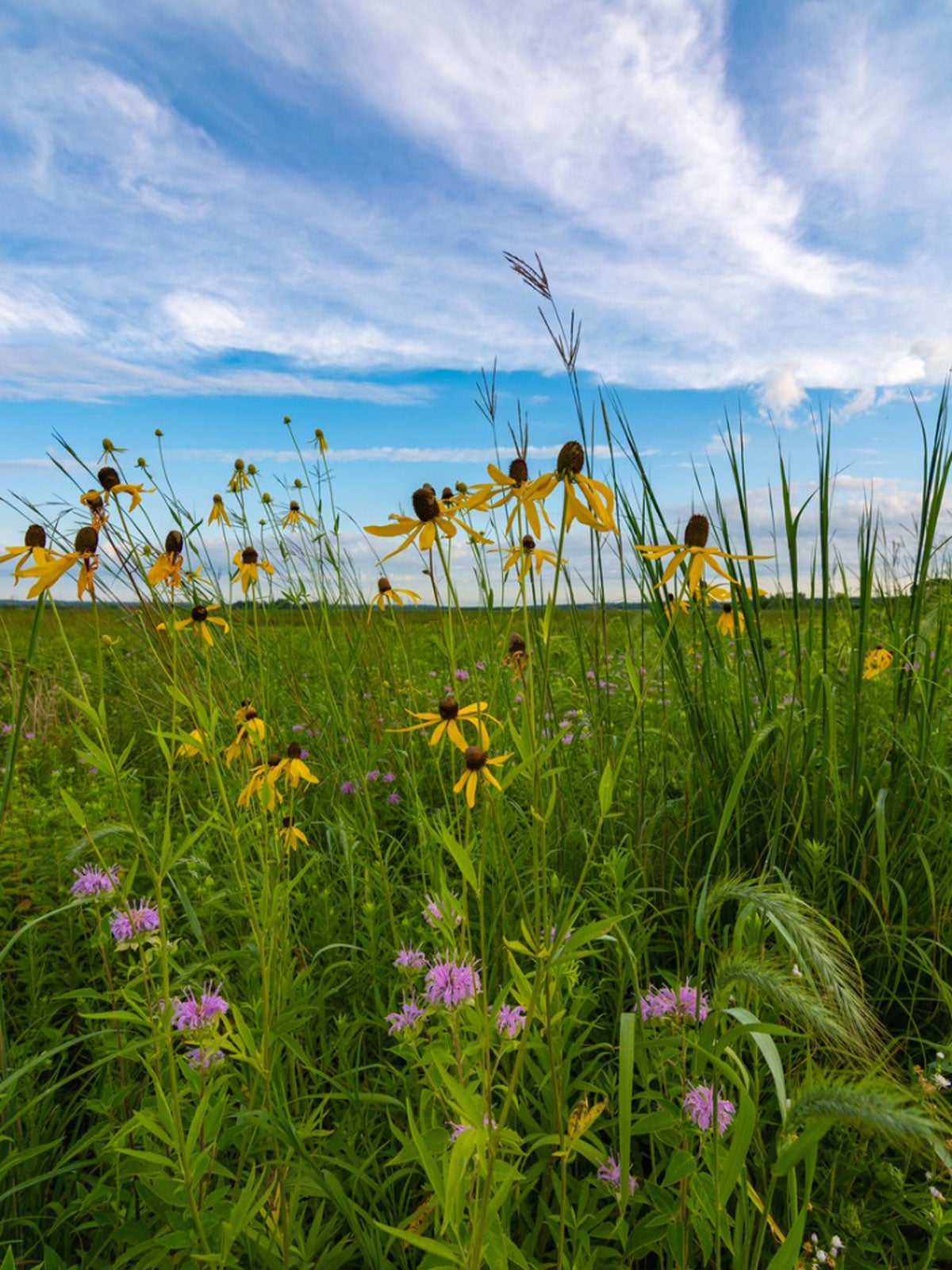Northern Rockies Lawn Alternatives: Growing Native Lawns On The Prairie


Alternative and native lawns in the prairie states make a lot of sense. Turf grass doesn’t necessarily grow well in this region with drought and temperature extremes. Try native landscaping to create a natural prairie or groundcover that requires less water and maintenance than a traditional lawn.
Groundcover Lawn Alternatives for Northern Plains States
Groundcover is too often overlooked as a type of plant for filling in spaces in lawns. A good selection of groundcover has a lot of advantages over turf grass such as having more options for type of cover, less need to water, and are overall easier and less costly with maintenance.
Options are also more suited to the local environment. When choosing a groundcover for West North Central lawns, select for shade or sun. Some shady options that work well include:
If you have a sunny lawn or full sun areas, try these groundcovers:
Native Lawns in the Prairie States
When looking for Plains or Northern Rockies lawn alternatives, consider native plants. These are the states that are home to natural prairies, so a lawn with the plants that grow on the plains will fit right in with the landscape and thrive under the local conditions.
With a native lawn, you’ll save water, provide an ecosystem for local wildlife, attract pollinators, and spend less time and money trying to maintain perfect grass. Try a mix of prairie grasses and wildflowers.
Different types of grasses may include:
Sign up for the Gardening Know How newsletter today and receive a free copy of our e-book "How to Grow Delicious Tomatoes".
- Tall prairie grasses- big bluestem, switchgrass, and Indiangrass
- Short grasses- Blue grama, little bluestem, and buffalo grass
- Wet meadow grasses- Switchgrass, prairie cordgrass, western wheatgrass, and Canada wildrye
Suitable wildflowers to try are:

Mary Ellen Ellis has been gardening for over 20 years. With degrees in Chemistry and Biology, Mary Ellen's specialties are flowers, native plants, and herbs.